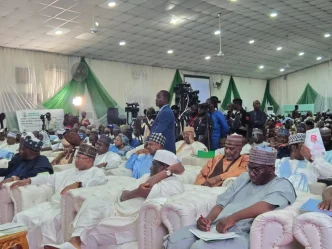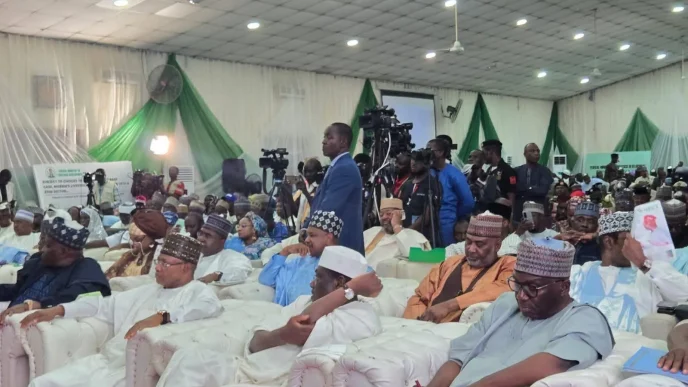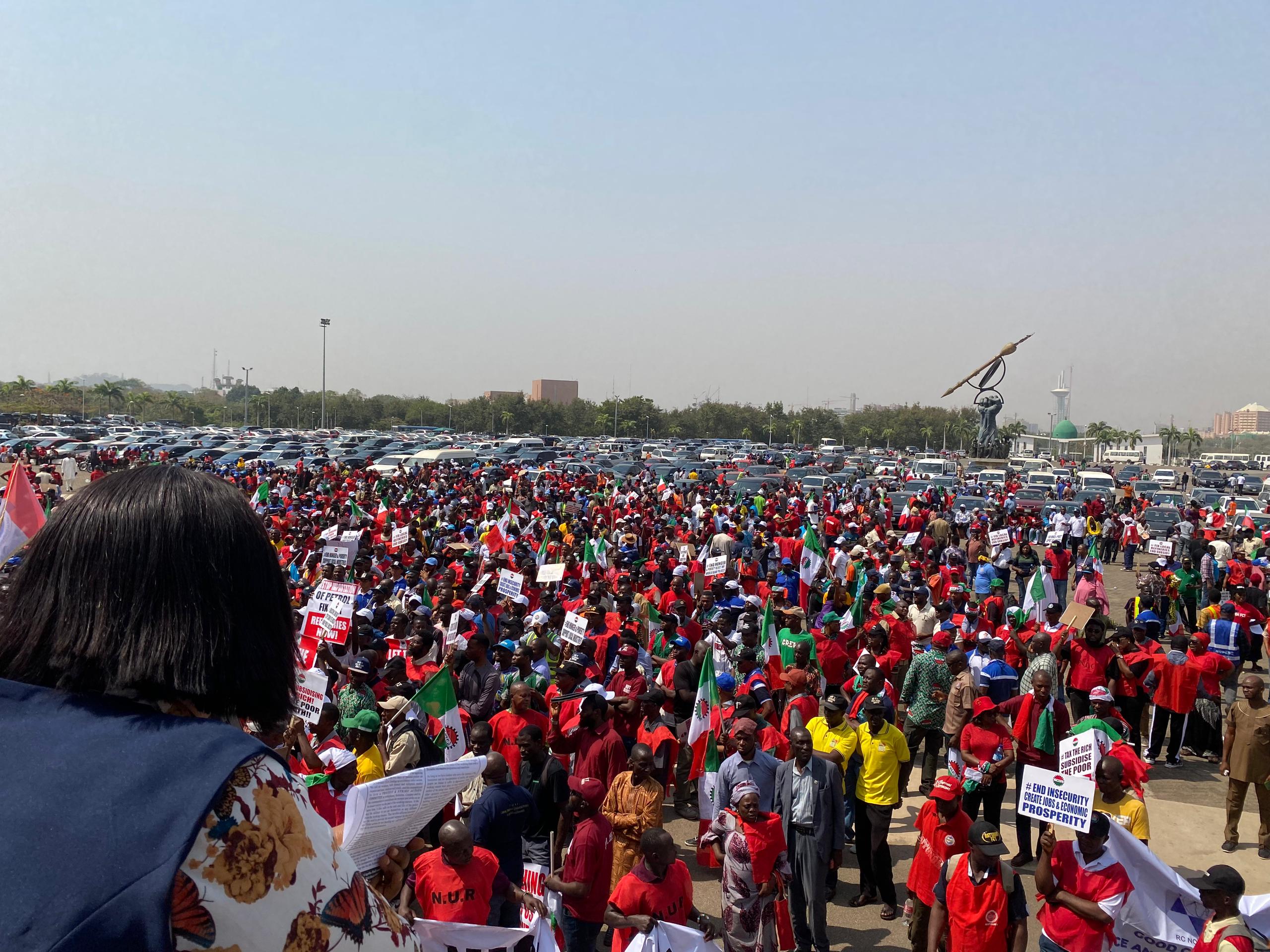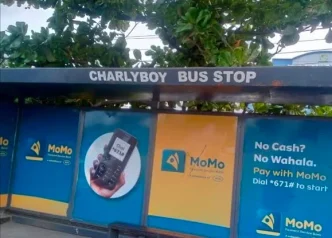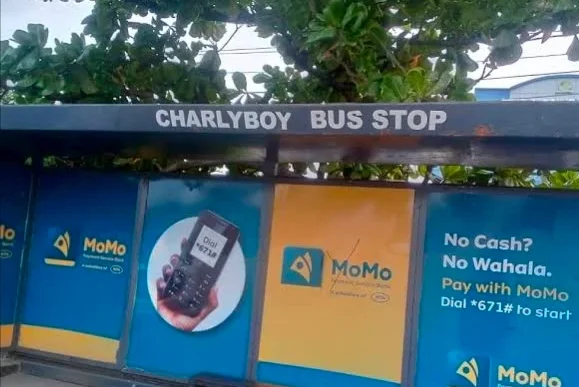BY JOSHUA OLUFEMI
Africa remains conspicuously absent from the negotiation tables as Google, OpenAI and other tech giants expand content licensing deals to news publishers around the world. These deals, designed to pay media organisations for the use of their content in training large language models (LLMs), are reshaping the global media economy. But African publishers are watching from the sidelines, and the implications are deeply troubling.
Last year, The New York Times filed a lawsuit against OpenAI over unauthorised use of its content. Similarly, The Intercept and Raw Story have filed lawsuits for copyright infringement, claiming that their content was used without authorisation in the training of AI models.
At the same time, some major outlets are choosing to cooperate: The Associated Press (AP) granted OpenAI access to its text archives in exchange for AI tools. Shutterstock monetised its visual library while gaining access to generative tech. More recently, Axel Springer, Le Monde, Prisa Media, and the Financial Times have all secured high-profile licensing agreements with AI companies. Dotdash Meredith recently signed a multi-year deal with OpenAI, which includes content licensing and collaboration on new AI products.
Advertisement
In many of these deals, OpenAI reportedly offers publishers between $1 million and $5 million annually for access to their content archives. While this sum may be modest relative to OpenAI’s financial resources, it poses a barrier for smaller competitors seeking to negotiate similar terms, further cementing OpenAI’s competitive advantage.
However, not all content owners have accepted these arrangements. These legal cases revolve around whether the use of web-scraped content by AI systems constitutes fair use or a violation of copyright, a determination that could set powerful precedents for the global AI industry. OpenAI maintains that its use falls under fair use, and until a definitive judgment is issued, it continues to use the contested content.
Beyond institutional players, thousands of individual authors are also demanding compensation. A growing list of over 8,000 writers, including prominent names like Margaret Atwood, Dan Brown, Michael Chabon, Jonathan Franzen, James Patterson, Jodi Picoult, and Philip Pullman, have joined the Authors Guild in petitioning AI companies.
Advertisement
In an open letter to the CEOs of OpenAI, Alphabet, Meta, Stability AI, IBM, and Microsoft, they called for consent, credit, and fair compensation for the use of their work. “Millions of copyrighted books, articles, essays, and poetry provide the ‘food’ for AI systems, endless meals for which there has been no bill,” they wrote. “You’re spending billions of dollars to develop AI technology. It is only fair that you compensate us for using our writings, without which AI would be banal and extremely limited.”
OpenAI’s CEO, Sam Altman, acknowledged the concerns of creators and expressed commitment to developing new models through which authors can be compensated when their content or style is used.
Where does the African media stand?
Publisher groups in Indonesia, the U.S., the UK, and South Africa have largely avoided publicly stating how much they believe Big Tech owes them. In South Africa, the South African National Editors Forum (SANEF), a non-profit media advocacy group, is pushing for small publishers to be included in licensing deals with Google. While some support the idea of a journalism fund, questions persist over who should manage it. Others reject one-off payouts entirely, arguing instead for sustainable, long-term revenue models.
Advertisement
By contrast, Taiwan has already secured a $9.8 million commitment from Google to support the digitisation of its media industry, despite not having formal legislation in place yet.
These developments raise the uncomfortable question: while media companies in Europe and elsewhere are negotiating substantial payments, why do African media houses continue to struggle for fair compensation?
In countries like Australia, Canada, and France, publishers have actively pushed for compensation, especially when their content is used to train large language models (LLMs). Legal tools such as neighbouring rights are being explored to create frameworks ensuring that media organisations are compensated when tech platforms use their work.
Why is Africa being left behind?
The challenges African publishers face are complex and layered: limited technical capacity, lack of strategic media alliances, inconsistent content quality, poor understanding of content monetisation, and a long erosion of traditional revenue models since the 2010s.
Advertisement
According to Victor Asemota, “the truth about our tech in Africa is that we own nothing and host almost nothing.” Poor internet infrastructure and outdated content management systems hinder African publishers from fully integrating with the algorithmic engines, automated pipelines, and data-driven ecosystems that platforms like Google rely on to monetise content.
Meanwhile, global publishers like The Associated Press, The Atlantic, Axel Springer, News Corp, Dotdash Meredith, and Conde Nast are raking in millions annually from licensing deals. According to reports, payouts range from $1 million to $16 million per year, none of which is flowing to African publishers, except for South Africa, which is making an effort to get a deal. No African media house has been publicly listed in any licensing agreement with Google, OpenAI, or other major AI companies.
Advertisement
However, this exclusion serves as a threat to the entire African media outlets ecosystem because our content is likely being scraped, learned from, or repurposed by AI tools without attribution or payment. AI tools like Google’s AI Overviews often summarise information sourced from African publishers, yet these tools do not redirect traffic to the original publishers. In essence, African journalism is being consumed globally without recognition or reward.
Also, these AI chatbot responses are eating into search engine traffic, which is a major source of audience and revenue for many African publishers. For African media outlets, already grappling with weak digital monetisation ecosystems, this loss is not just inconvenient; it is existential. According to WSJ, some publishers have reported over 50% drops in search referrals since AI Overviews launched.
Advertisement
Unlike the European Union or Australia, most African countries lack detailed copyright or neighbouring rights laws that could compel AI companies to negotiate with media houses. Without such legal frameworks, African publishers have no leverage to demand compensation or fair usage practices. Europe has frameworks like the EU Digital Markets Act and Australia has the News Media Bargaining Code, but similar laws are absent across much of Africa.
African media organisations miss both potential revenue and the opportunity to influence how AI systems perceive and represent the continent. This exclusion is particularly significant as the AI licensing market is projected to reach $67.5 billion by 2030. Participation in these deals could provide African publishers with new revenue streams and encourage greater investment in media sustainability.
Advertisement
To bridge the gap and secure a meaningful seat at the global digital table, African publishers must promote intra-continental collaboration similar to Europe’s ENPA or Australia’s News Media Bargaining Code to negotiate with Big Tech.
Such an alliance could facilitate collective bargaining, develop legal frameworks, advocate for inclusion in AI content licensing agreements, and engage in policy dialogue to secure more equitable terms with major technology companies. Without coordinated action, African media organisations may continue to have limited participation in the evolving global information economy shaped by AI.
Regional bodies such as the African Union should prioritise the development of modern copyright frameworks, including provisions for neighbouring rights, which could provide publishers with legal grounds to seek compensation when their content is used to train or power AI systems. Similar legal structures are already in place in several Western jurisdictions.
Investment in digital infrastructure is also essential to ensure that content produced by African media is indexable, trackable, and monetisable. Technologies such as content fingerprinting, structured metadata, and web monitoring can help establish and protect the value of digital content.
In addition, media organisations should take proactive steps to engage with AI developers by initiating discussions, proposing licensing agreements, and participating in pilot projects that incorporate content from the Global South. While companies like OpenAI, Perplexity, and Google have shown a willingness to collaborate with publishers, engagement typically requires deliberate outreach from content owners.
The path forward must be underpinned by investment-backed partnerships. Without a coordinated strategy, African publishers will continue to lack the leverage to negotiate fair compensation. Fragmentation will persist, and the gap between local media ecosystems and global tech powerhouses will only widen.
There is an urgent need for African publishers to sit at the table, not just to negotiate fair compensation from AI companies using local content to train LLMs, but to ensure long-term value in how AI technologies are integrated into their content operations. Compensation structures, whether licensing fees, revenue sharing, or access to advanced tools, must be crafted not just to pay for the past, but to finance the future of African journalism.
If African media remain outside the circle of benefit and influence, the consequences will be long-lasting. What is at stake is not only financial compensation but cultural relevance, narrative agency, and media survival.
Joshua Olufemi is the founder of Dataphyte and Goloka Analytics. He is passionate about media innovation, management and revenue sustainability in Africa. Can be reached via LinkedIn or Twitter.
Views expressed by contributors are strictly personal and not of TheCable.

